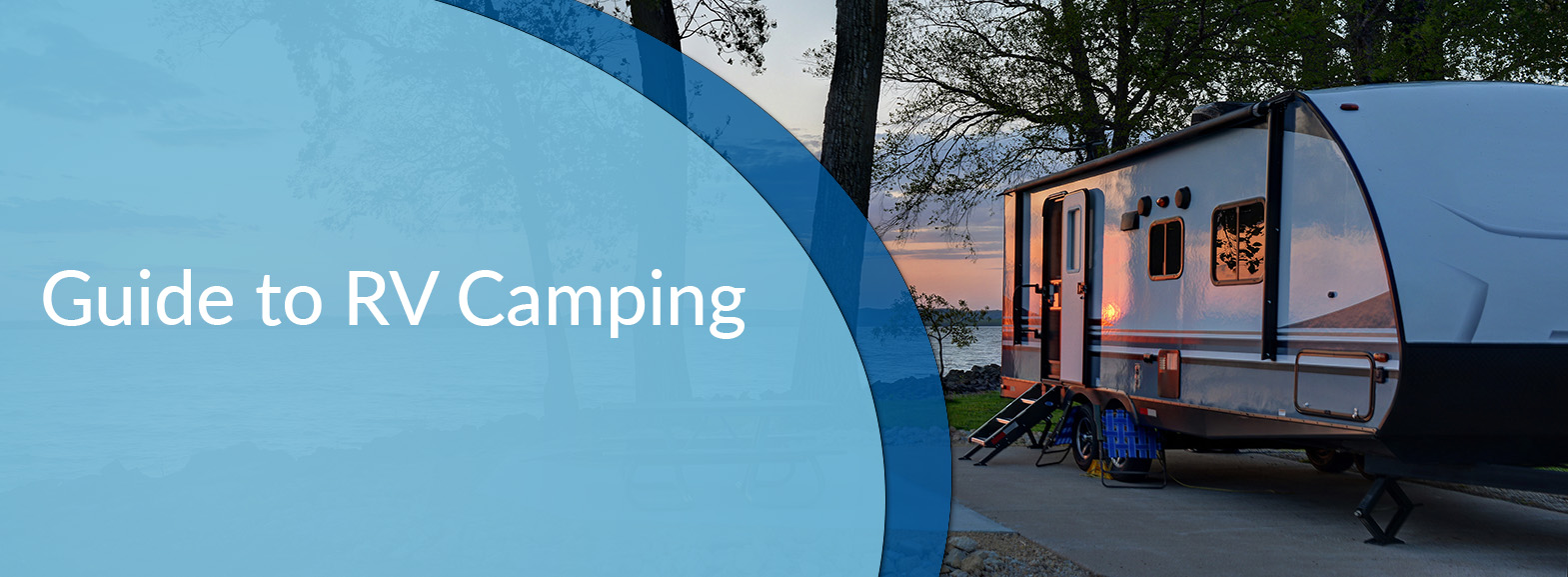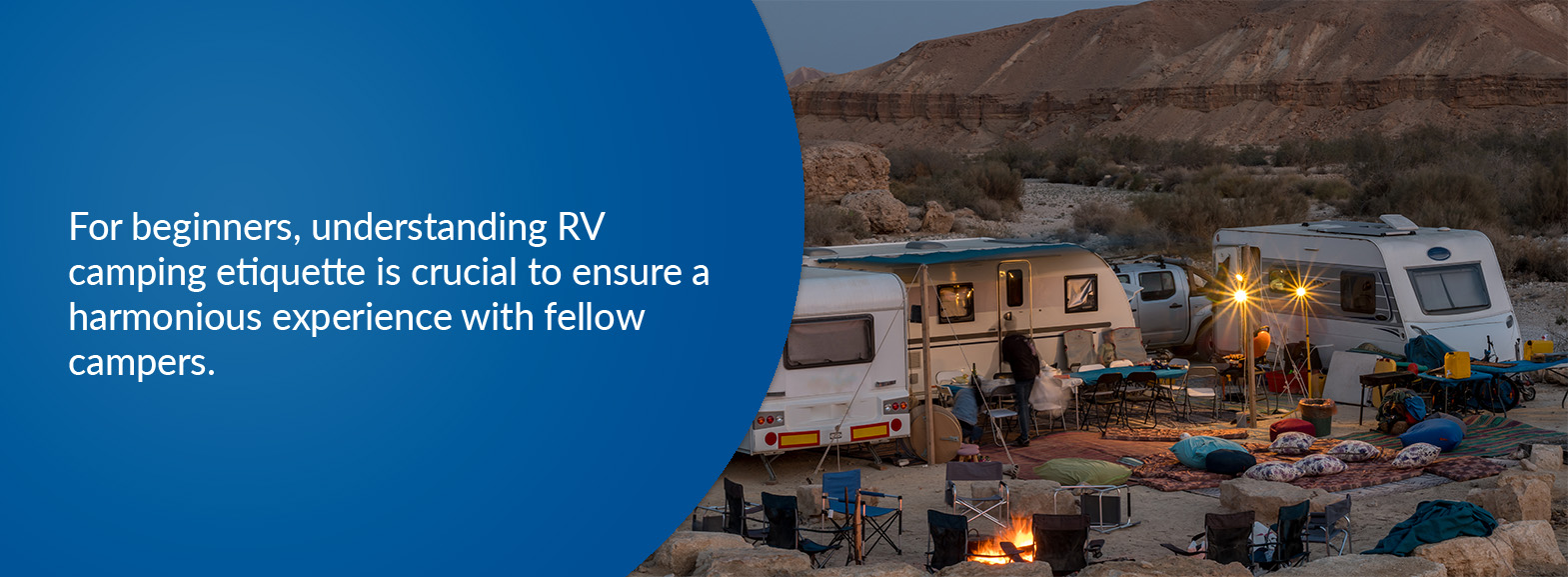
Planning a vacation can vary greatly from person to person. While some prefer beachside lounging or exploring big cities, others may be drawn to the great outdoors with a camping trip. Camping enthusiasts have several options for enjoying their outdoor experience, such as tent camping, renting a cabin, or embarking on an RV adventure.
RV camping has gained popularity among outdoor lovers as it offers a unique combination of accommodation and transportation. RVs allow travelers to explore diverse locations across the United States while enjoying the convenience of amenities like furniture, running water, and air conditioning.
For those new to RV travel, a comprehensive guide can be immensely helpful in ensuring a successful trip. Understanding the different types of RVs available is essential. Class A RVs are the largest and most luxurious, while Class B RVs resemble large commercial vans with additional living features. Class C RVs are ideal for beginners, providing a comfortable space at a reasonable price. Alternatively, towable RVs offer spacious living quarters without the need for driving capabilities.
Choosing between purchasing or renting an RV is another important decision. Owning an RV allows for personal customization and convenience, especially if one plans to travel frequently. On the other hand, renting can be a viable option for occasional trips without the burden of maintenance and storage.
A crucial aspect of RV camping is creating a packing list. Essential items include appropriate clothing for outdoor activities, a well-stocked first aid kit, kitchen tools and equipment, toiletries, and recreational items for entertainment. Additional items for winter camping should also be considered, such as warm coats, thermometers, and compact shovels.
Food plays a significant role in the RV camping experience. Preparing a menu and packing the necessary groceries can ensure enjoyable meals throughout the trip. Non-perishable snacks like trail mix and nuts, instant foods, tea, and s’mores ingredients are popular choices among campers.
Selecting the right RV campground is equally important. Campgrounds with full or partial hookups offer convenient amenities, while "dry camping" sites are available on public land without hookups. Researching the campground’s amenities and rules can make for a pleasant stay.

For beginners, understanding RV camping etiquette is crucial to ensure a harmonious experience with fellow campers. Conducting practice drives, learning how to dispose of water and sewer waste, and even spending a night in the RV at home can help new RVers feel more confident before embarking on their first official trip.
In conclusion, RV travel and camping can offer a fantastic way to explore the beauty of the United States while enjoying the comfort and freedom of a home on wheels. Whether one chooses to purchase or rent an RV, proper preparation and knowledge can lead to a memorable and successful RV camping adventure.
